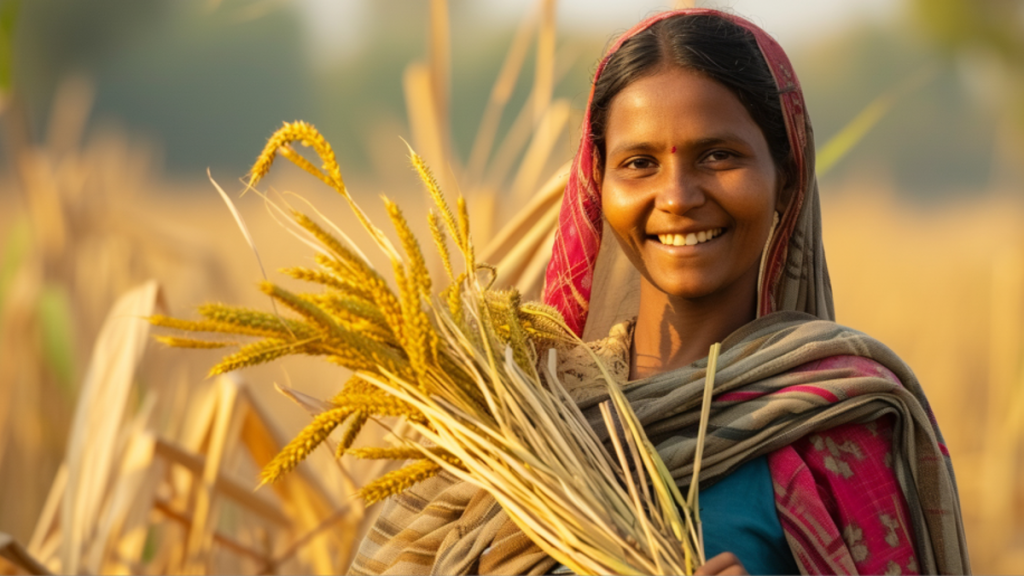The government is likely to achieve the target for formation of 10,000 farmer producer organisations (FPOs) by the end of year which is expected to boost collective bargaining power, reduce cost of agri-inputs and boost marketing avenues of the produce by the collectives.
So far 8,875 farmers’ collectives have been registered under the companies or cooperatives acts under a central sector scheme aimed at enhancing farmers’ income through aggregation of their agricultural produce and supplier of various inputs.
“We are expected to achieve the target of registering 10,000 FPOs a few months ahead of the target,” an official said.
Out of 14 agencies engaged in registering and on-boarding of FPOs, the Small Farmers’ Agri-Business Consortium under the agriculture ministry has registered 3620 FPOs followed by Nabard (1694), National Cooperative Development Corporation (1863), Nafed (1191) and Foundation for Development of Rural Value Chains (800).
So far equity grants of Rs 210 crore were released to 3,325 FPOs and credit guarantee cover worth Rs 337 crore was issued to 1,185 FPOs.
The central sector scheme titled “formation and promotion of 10,000 FPOs” was launched in 2020 with a budgetary provision of Rs 6,865 crore. The target was to create 10,000 new FPOs by March, 2025.
The government has increased allocation for FPOs formation for the current fiscal to Rs 581 crore, an increase of 30% from allocation of Rs 450 crore as revised estimate for FY24.
Under the scheme, FPOs are provided financial assistance up to Rs 1.8 million per FPO for a period of three years. In addition, provision has been made for matching equity grants up to Rs 2,000 per farmer member of an FPO with a limit of Rs 1.5 million per FPO.
The scheme also entails a credit guarantee facility up to Rs 20 million of project loan per FPO.
Meanwhile the agriculture minister Shivraj Singh Chouhan has directed creation of a network of quality seed and pesticide suppliers using FPOs. “They will make available seed and pesticides at a company rate with member farmers which would reduce the input costs for the the farmers’ collective,” an official said.
Sources said that with FPOs starting distributing pesticides and seeds directly sourced from the companies, there would be reduction in cost of pesticides and seeds by 33-35% and 15% respectively because of savings on ‘margins’.
In addition to supplying quality inputs like seed, fertiliser and pesticide, the farmers’ collectives are currently engaged in aggregation of members’ agri-produce for selling, cleaning and assaying and processing of agri-produce and ensuring availability of machinery and equipment on custom hiring basi for the members.
FPOs with at least 300 farmer members are eligible for assistance in plain regions, while those with 100 members are eligible in northeastern and hilly areas.

